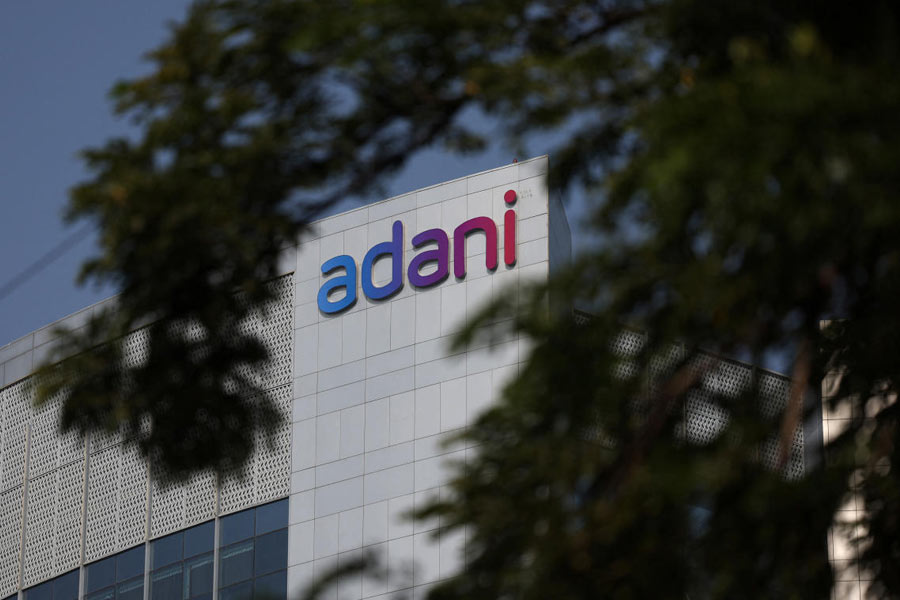Ports-to-energy Adani group is better off financially now than at the time when it was under attack from short-seller Hindenburg, US-based research firm Bernstein said citing dramatic drop in shares pledged by promoters and low leverage.
The last big event for the group was in January 2023 when Hindenburg accused it of accounting and financial fraud, and the latest one happened on November 21 when US authorities filed an indictment against the founder chairman of the conglomerate Gautam Adani and key aides in a bribery related case.
Adani Group had repeatedly denied all charges in the Hindenburg report as well as the ones brought by the US authorities last month.
Bernstein in a report said it is presenting a top-down view on how the groups leverage, share-pledges, debt-repayment and relative valuations have evolved in the last two years to assess whether the risks are lower than earlier.
The group is now in a much stronger position with no share-pledges, low leverage, debt repayments and improved valuations.
A key concern during the short-seller event last year was the share pledge of the group-across assets. The fear was that the group has pledged these shares to raise money which has been invested as equity in new businesses, hence a tight liquidity environment for the group could lead to a domino effect.
"If we look at the evolution of share pledges for the group, there has been a dramatic drop across companies -- this is one area where the group has taken significant action over the last 1.5 year," Bernstein said.
For example, the share pledge in Adani Power has dropped from 25 per cent to 1 per cent, and in Adani Ports, it has fallen from 17 per cent to zero.
Promoter holding has also increased across the group, except in Adani Energy Solutions, which is due to a recent Qualified Institutional Placement (QIP). Additionally, the group's overall debt has decreased following the short-seller event, falling from Rs 2.41 lakh crore in March 2023 to Rs 2.38 lakh crore in September 2023. Although the debt has risen slightly since then, profits have grown even more, reducing the group's leverage from 3.8x before the Hindenburg incident to less than 2.5x now, it said.
On debt, it said, Adani group has diversified their funding sources over the years - reducing reliance on domestic banks (both public and private) and raising money from bonds and international markets.
"The share of banks has reduced from 86 per cent in FY16 to just 15 per cent in FY24 and the share of bonds has increased from 14 per cent in FY16 to 31 per cent in FY24.
Since March 2023, we have seen the share of USD bonds decrease and that of NBFCs increase in the source of funds - which we expect was due to favourable rates in Indian markets vs USD bonds (+hedging and withholding tax)," it said.
Further, their cash reserves have also increased significantly - by around 75 per cent in the last 18 months (from Rs 22,300 crore in March 2023 to Rs 39,000 crore in September 2024).
Last time, the group's renewable energy firm Adani Green had a significant part of its debt up for repayment in FY25, including a USD 750 million holding company bond which had fallen sharply on the event.
This time, the repayment schedule is more balanced, except for a payment of Rs 9,600 crore in H2FY25, of which Rs 8,900 crore is due to USD revolving facility taken by the company. "But then again, considering the company is sitting on Rs 5,900 crore of cash, it seems lesser of a concern," it said.
Regarding valuations and stock performance, Bernstein is overweight on Adani Ports, as the stock is trading below its smaller peers, including JSW Infra and Concor.
Except for the headline, this story has not been edited by The Telegraph Online staff and has been published from a syndicated feed.











